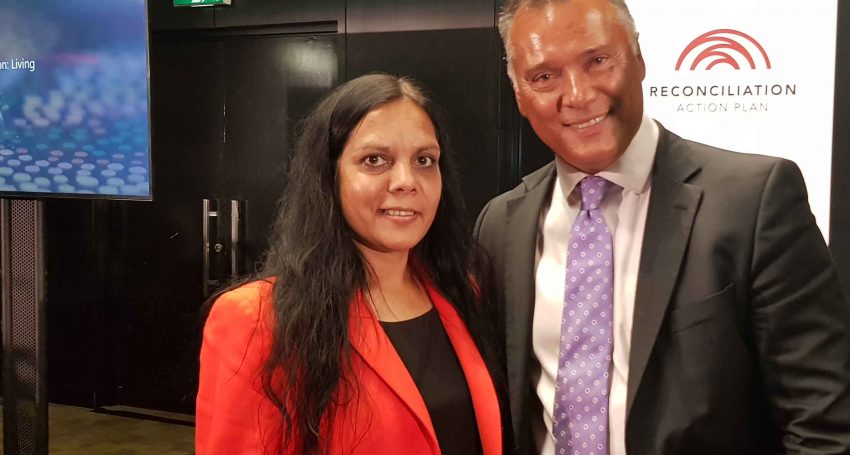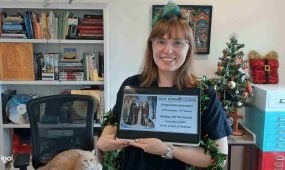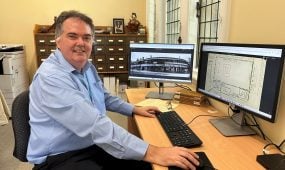National Reconciliation Week 2019
Features
ACSQ Reconciliation Action Plan Coordinator Chrissy Ellis tells us about the history of National Reconciliation Week and how we can join in the forthcoming NRW celebrations

National Reconciliation Week (NRW) provides an opportunity for Aboriginal and Torres Strait Islander peoples to celebrate and share their unique cultures and histories with all Australians. In 1993 Australian churches established the Week of Prayer for Reconciliation and under the Council for Aboriginal Reconciliation this evolved into National Reconciliation Week three years later. The week celebrates two significant milestones in Aboriginal and Torres Strait Islander history: the 1967 Referendum and the 1992 Mabo Decision.
Advertisement
On 27 May 1967, the Australian Government held a ‘Referendum’ to amend the Australian Constitution. It resulted in a landslide victory where 90.77% of Australians voted ‘Yes’ for Aboriginal and Torres Strait Islander peoples to be counted in the census and enacted a legislative mandate for the Australian Government to make laws for Aboriginal and Torres Strait Islander peoples.
On 3 June 1992, the High Court of Australia handed down the Mabo and others v Queensland (No 2) (1992) decision, which extinguished ‘Terra Nullius’ or ‘land belonging to no-one’ doctrine. In effect, this doctrine was the fictional and legal justification for the theft of Aboriginal and Torres Strait Islander land since British occupation and rule in 1788. Eddie Mabo and others represented their people from Murray Island in the Torres Strait and successfully challenged the Australian legal system for the recognition of their rights as traditional owners of their land.
This year’s National Reconciliation Week will be held between Monday 27 May and Monday 3 June and this year’s theme is ‘Grounded in Truth – Walk Together with Courage’. This theme highlights the importance of ‘historical acceptance’ and encourages all Australians to unlearn and relearn Australia’s Aboriginal and Torres Strait histories through ‘truth-telling’ processes, to foster positive race relations and to build national unity ‘Grounded in Truth.’
As stated in the The State of Reconciliation in Australia report:
Advertisement
“Reconciliation can only truly evolve when the Australian community and our major institutions acknowledge and repair the wrongs of the past, understand their effects – and make sure the wrongs, or similarly damaging actions, are not occurring today, and are never repeated in the future.”
Reconciliation Australia reports that 80 percent of non-Indigenous Australians and 91 percent of Aboriginal and Torres Strait Islander peoples believe it’s important to undertake formal truth-telling processes. And, 86 percent of non-Indigenous Australians and 90% of Aboriginal and Torres Strait Islander peoples believe it’s important to learn about past issues. This research demonstrates that as a nation we are ready to deal with our past and walk together with courage into a unified future.
During National Reconciliation Week all Australians will have an opportunity to learn the truth about Australian history, the injustices caused by colonialism, how they can develop respectful relationships and journey towards healing and reconciling our national story.
As 2 Corinthians 5:18 says:
“All this is from God, who reconciled us to himself through Christ, and has given us the ministry of reconciliation.”
As ambassadors for Christ, we are entrusted with the message of reconciliation to ourselves and others, especially to Aboriginal and Torres Strait Islander peoples.
The Anglican Church Southern Queensland encourages you to consider events and initiatives in which you, your church and your community can become involved with during National Reconciliation Week celebrations.
A number of exciting NRW events are happening across our Diocese between Monday 27 May and Monday 3 June. Please find out more about these wonderful events and join in the NRW celebrations.





